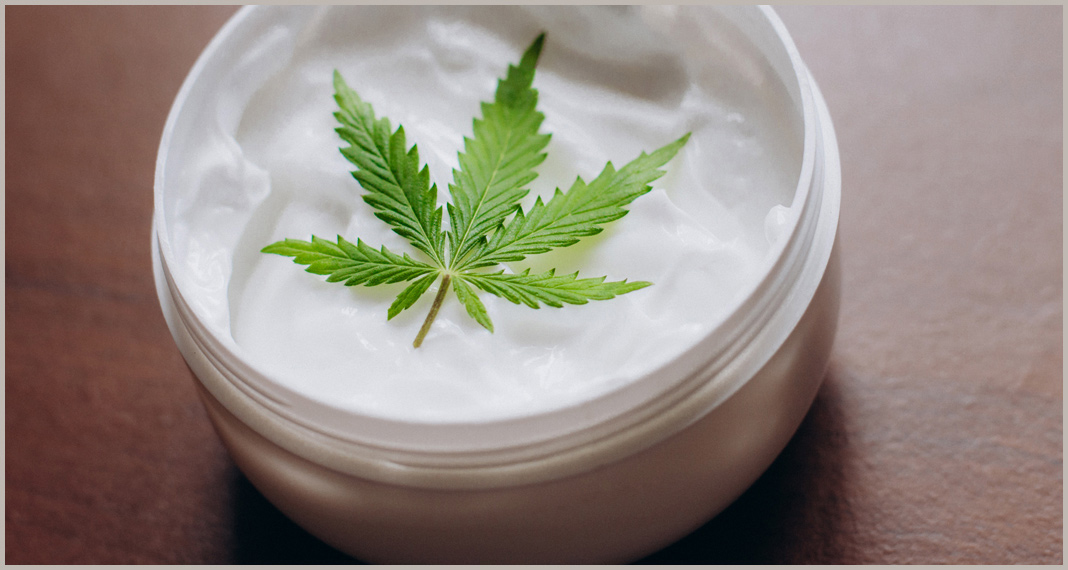
Your online cosmetic and personal care product packaging resource!
“While many users of CBD claim miraculous benefits, and clinical research in some areas is promising, some health experts have concerns regarding its safety.”


annabidiol (CBD) is all the rage, with claims that it can treat everything from hangnails to cancer. It can be found in everything from creams and lotions, to foods and pet treats. What is driving its incredible popularity and does it really live up to the hype?

Changes to federal and state laws are a huge factor in the current popularity surge of CBD and CBD infused products. The Agricultural Improvement Act of 2018 allows for the cultivation and farming of hemp in the United States, and provides no restriction on the sale, transport, or possession of hemp products as long as THC concentrations are under 0.3%. In addition, most states have eased regulations regarding the sale and possession of CBD products.
The purported benefits from CBD are far reaching. CBD manufacturers tout claims ranging from eliminating insomnia, anxiety, and depression to effectively treating diabetes, Alzheimer’s disease, chronic pain, and cancer. While research into the therapeutic benefits of CBD have intensified, leading to some promising discoveries, most of the claims remain unsubstantiated. Making health claims about any product requires clinical evidence, and with regard to CBD, the FDA is cracking down.
Technically, because CBD is the subject of ongoing clinical research, and the active ingredient in some FDA approved drugs - Epidiolex, a medication derived from CBD for treatment of Epilepsy was approved in 2018 – any product containing CBD would fall under FDA regulatory jurisdiction. However, the FDA has stated that they are only likely to initiate enforcement action against CBD products that make therapeutic claims or present a danger to public health. They have issued numerous warning letters in this regard.
While many users of CBD claim miraculous benefits, and clinical research in some areas is promising, some health experts have concerns regarding its safety. For example, while earlier studies showed that CBD could arrest the growth of cancer, recent studies show that CBD can actually increase the growth and spread of some cancers. CBD can also raise liver enzymes – an indication of liver injury – and in one clinical trial some patients had to stop taking CBD due to serious concerns about liver damage. Nausea, fatigue, and irritability have been additional reported side effects. Interference with some prescription medications, such as Coumadin, has also been noted in users of CBD products.
In addition to the above health concerns, the FDA has found that some CBD products do not contain the listed amount of CBD – and in some cases none at all – while containing harmful substances, such as high levels of pesticides.
The bottom line is that if you are taking CBD, it is best to do so under the supervision of your physician or other licensed health care practitioner. And remember, while research has shown some therapeutic benefits with CBD, many of the claims remain unproven and actual results don’t always live up to the hype. 
August 2019
Your online cosmetic and personal care product packaging resource!
Check out our latest news, product reviews, and expert tips so you stay up to date with what is going on in the industry!



